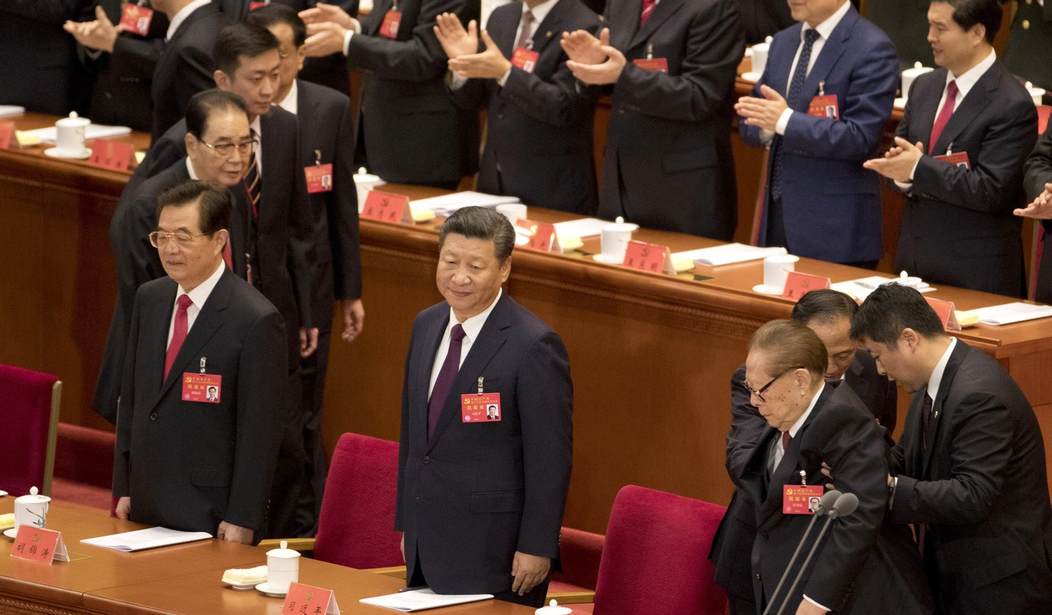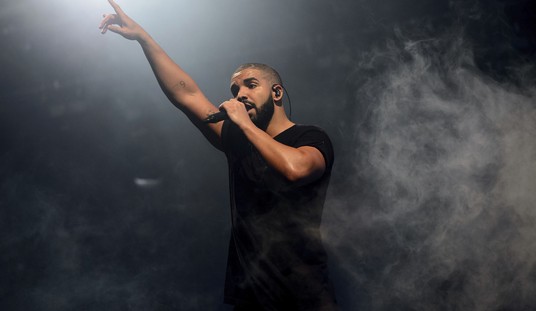Business leaders in China can see the writing on the wall. Last month Xi Jinping secured his third 5-year term as president, making him the most powerful Chinese leader since Mao. And like Mao, Xi is more interested in top-down control and communist ideology than he is in market-driven prosperity. Chinese business executives who had gotten used to being relatively free to make money are now confronted with a leader who disappears billionaires who step out of line. It is dawning on some of them that, given Xi’s consolidation of power, it could be quite a while before the situation improves.
The NY Times spoke to several business people who are thinking about abandoning China for the west.
To Chinese in the business elite, who grew accustomed to the privilege and attention their success brought, the Big Boss, as many of them refer to Mr. Xi, doesn’t care about the economy or people like them. In his opening address at the party congress, Mr. Xi mentioned “security” 52 times, “Marxism” 15 times and “markets” three times…
“Under the leadership of this dictator, our great country is falling into an abyss,” said a hardware tech executive in Shenzhen. “But you can’t do anything about it. It pains and depresses me.”
Despite many conversations over the years, we never talked about politics. I was surprised when he called after the party congress to talk about his “political depression.” He said he used to be very nationalistic, believing that the Chinese were among the smartest and hardest-working people in the world. Now, he and many of his friends spend most of their time hiking, golfing and drinking. “We’re too depressed to work,” he said.
Until a year ago, his start-up was doing so well that he was planning to take it public. Then he lost a big chunk of his revenues, and his new hires sat idly with nothing to do when cities were locked down under the “zero-Covid” rules. He said now he had no choice but to lay off more than 100 people, sell his business and move his family to North America.
A “tech entrepreneur from Beijing” told the reporter the same thing. Looking over the landscape of China with Xi in power for another decade or more, he’s preparing to leave for Europe of the US. If these conversations are representative of even a fraction of China’s top business people, the country could see a significant brain drain. People with the means to leave will do so when the alternative is seeing their work crushed by the whims of a dictator. And that’s exactly what they’ve seen this year as Xi pursued his zero-COVID police even when it meant locking down tens of millions of people at a time.
There was general agreement among the executives who participated in the story that the treatment of Hu Jintao wasn’t the result of illness.
Just like many ordinary Chinese people, the executives I spoke to said they were horrified by the video of Hu Jintao, Mr. Xi’s predecessor as China’s top leader, being abruptly led out of the closing ceremony of the party congress. They did not accept the official government explanation that Mr. Hu had to leave early because of health issues.
If Mr. Xi could remove his predecessor like that, several of them said, he could do anything to anyone.
As the BBC reported last month, the Hu Jintao years were very different, almost opposite to the direction Xi has been heading.
The Hu years – he held the presidency between 2003 and 2013 – were seen as a time of opening up to the outside world and increased tolerance of new ideas.
The 2008 Beijing Olympics was a peak for international exposure. Foreign companies were setting up here, tourists were flooding in, the internet was more free, local media outlets started doing decent journalism and China’s global reputation was constantly improving.
While some have referred to the Hu period as “wasted”, economic growth was consistently in double digits and Beijing cared about its reputation elsewhere.
Xi Jinping has taken the country in a very different direction, with him at the “core” and unable to be challenged.
Reading this I’m again reminded of 6-7 years ago when the situation in Venezuela was becoming dire for very similar reasons, i.e. a communist dictator who cared more about preserving the glorious revolution with himself at the top than about seeing his country thrive. I wondered at the time why people were selling off their valuables in hopes of remaining afloat for another month or two when it seemed obvious they should use whatever means they had left to get out. Several million people have fled Venezuela since then. I wonder if they can see now that they waited too long. And I wonder how many couldn’t leave at all because they waited.
All of that to say, these business executives should trust their instincts. The climate of freedom in China, be it economic or political, is only getting worse. Those who have the opportunity and means to get themselves and their families out should do so before it’s too late.








Join the conversation as a VIP Member